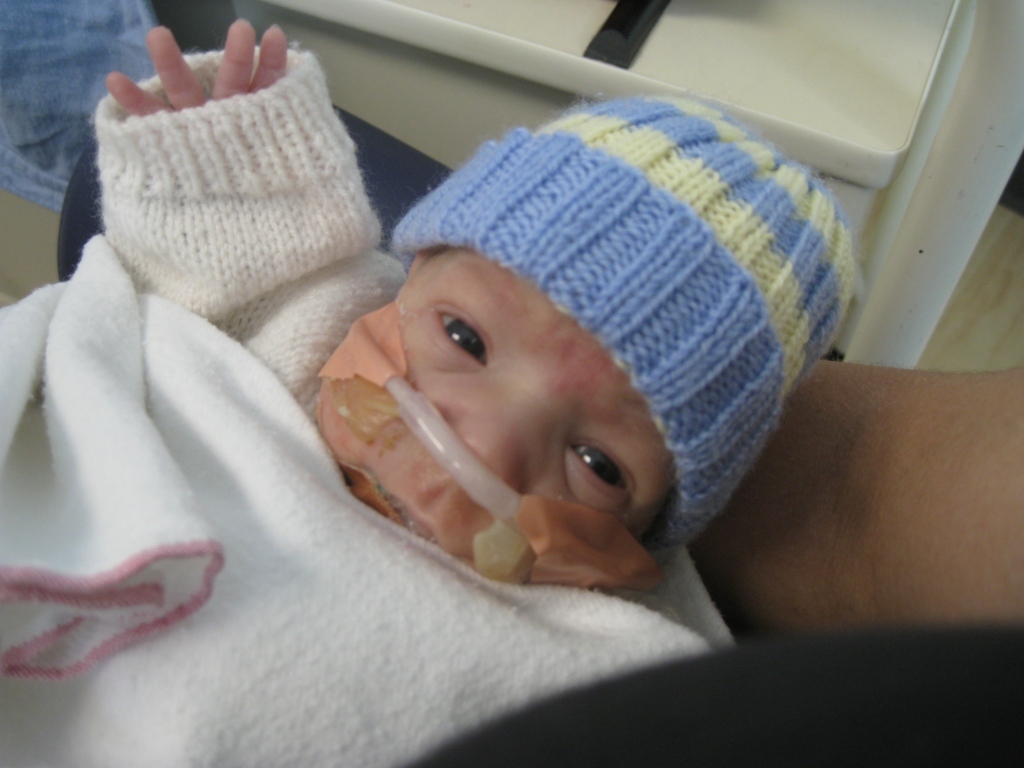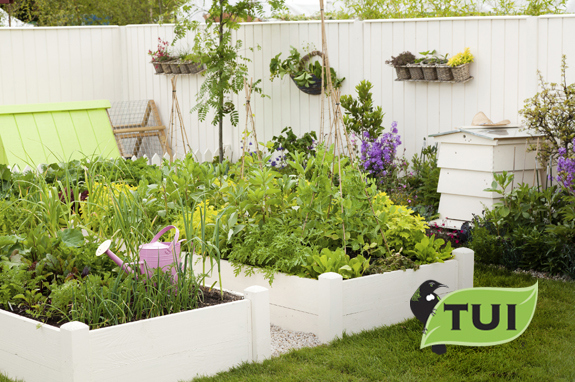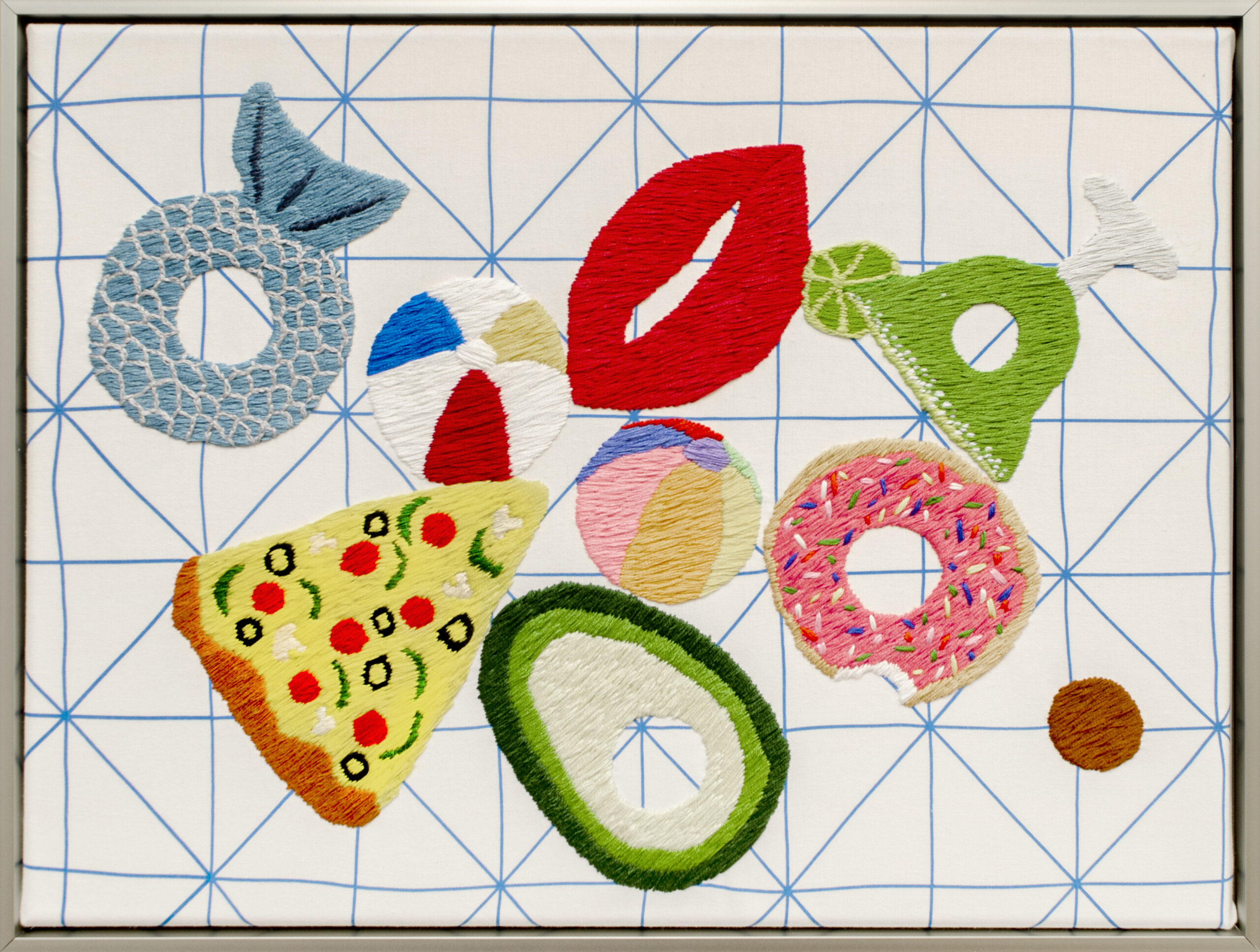Every day, 135 New Zealanders need blood or blood products, and for many, it simply means the difference between life and death. Ahead of World Blood Donor Day on Friday, June 12, Natalie Cyra takes a closer look at how giving blood saves lives, and how grateful those who have needed it are.





Wendy Jarnet will never forget the moment her son Lochlan arrived in the world, born severly prematurely from pre eclampsia at just 26 weeks. On Christmas Day in 2010 Lochlan, then six days old, weighing a mere 545 grams and only 28cm in length (not even the size of a school ruler), developed an infection and needed an urgent blood transfusion to survive.
“Grateful” is the word Wendy now uses to describe the harrowing ordeal when her baby’s life hung in the balance. She’s even more grateful considering the circumstances surrounding Lochlan’s transfusion. He has one of the rarer blood types (AB+), meaning a donor was asked to come in on Christmas Day to donate for Lochlan. “It restores my faith in humanity when there are so many terrible things happening in the world. It blew me away that someone was generous enough to give up their time with no notice, on Christmas of all days, to do something for someone they’ll never ever meet.
Grateful is also a theme of this year’s World Blood Donor Day, taking place on Friday June 12. ‘Thank you for saving my life’ is all about celebrating all of the generous volunteers who have taken time out of their busy lives to sit down and donate blood – and ultimately save lives in the process.
A new feature on the New Zealand Blood Service (NZBS) website also supports this year’s theme. “We wanted to provide a place where Kiwis could share their own stories about donating or receiving blood, and be able to say thank you to donors for giving them, a loved one, or other fellow Kiwis, a second chance at life” explains Asuka Burge, National Manager in marketing and communications for NZBS.
Lochy spent five months in the neonatal intensive-care unit following his birth, and had multiple whole blood transfusions, platelets and albuminis – but now he is a happy and healthy four and a half year old. His grandmother, Wendy’s mother was also very ill in 2007 and required plasma daily for a period of time – so Wendy knows all too well how important blood donations are for saving, and improving the quality of life in people of all ages.
“I try to donate blood (and encourage others to as well) in the hope it can also help someone in need. I’ve had a few phone calls over time when my blood type has been getting low and I’ve been asked to donate if I can, which if I’m able, I will always do happily,” she says. “Without the generous time and support of blood donors a lot of people may have had very different outcomes, and it’s safe to say that without blood products Lochlan wouldn’t be here today. The words “thank you” seem so insignificant when thanking blood donors and Lochlan’s donor especially, which is also a reason I donate. It’s a way of showing my appreciation and to pay it forward to others in need. You never know when it might be you or one of your loved ones that needs lifesaving blood, I know from experience that things can change in an instant.”
Some bloody interesting facts
- In New Zealand, approximately 3,000 donations are needed each week to meet medical demands, and The NZBS works continuously to renew the donor database at a rate of more than 17,000 people per year. Unfortunately, only four percent of our population currenly rolls up our sleeves and donates, a figure which needs to increase to adhere to the demand for blood, an irreplaceable product.
- Around 42,000 patients are treated with blood or blood products in New Zealand each year – that’s the equivalent of 110 jumbo jets full of people or the capacity of Eden Park.
- Just one donation could potentially help to save the lives of three people, and your body replaces the fluids of the blood you donate in just 24 hours. What’s more, three months after you donate, you can do it all over again.
- The biggest use of blood products is for the treatment of cancer at 26 percent with the next biggest being accidents at 19 percent. Blood required for mothers and babies, such as like Lochlan, makes up seven percent.
To donate and find out more from the New Zealand Blood Service, visit the website here. www.nzblood.co.nz







